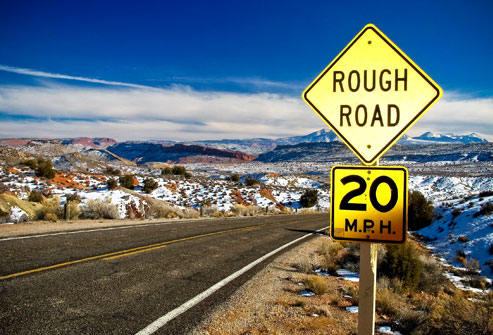If someone offers me a drink and I tell them I’m sober, they accept it and that’s that. If I’m offered food that doesn’t fit my recovery program for compulsive binge eating, I can’t say it that way without getting odd stares.
This is something all compulsive binge eaters deal with in society — a big, ugly lack of understanding that destructive addictive behavior takes on many forms, and that food can be as destructive to the abuser as cocaine.
Mood music:
http://youtu.be/8YNfvl_qhVE
I’ve tried hard to raise awareness in this blog, but even regular readers don’t seem to get it when we’re together in a room and there’s a bunch of food I’m not touching. No flour? No sugar? That’s crazy. One friend suggested it was heavy handed of me to compare my experiences to the kind of hell a runaway alcoholic deals with.
With anxiety and depression I certainly understand, but when I think serious addictions I was thinking some sort of drug abuse – in fact heroin is what popped into my head. Alcohol also a possibility… but binge eating? Come on man. Everyone has a hard time knowing when to say when to junk food, Shit, I gotta throw it in the trash sometimes so I don’t eat it all.
For those who haven’t dealt with food as an addictive substance, his skepticism is understandable.
The second I tell someone I can’t eat what they offer me, the common question is if I am lactose or gluten intolerant. When I say no, the stares get more uncomfortable.
But here’s something I think is important for binge eaters in recovery: It’s unfair to get angry with people for failing to understand the connection between addiction and eating habits. We can’t expect everyone to magically understand. So my advice is that when asked, we just tell the person we have an allergy and walk away.
It’s not a lie. What is an allergy, after all? It’s the body’s inability to process certain substances. For a binge hound like me, I can’t process flour and sugar items because the switch in my brain that goes off when the proper intake is achieved doesn’t work. The more I have the more I crave, and I fill myself with it until I’m on the floor unable to get up.
Even the AA Big Book describes alcoholism as an allergy. It’s right at the beginning of the book in a chapter called “The Doctor’s Opinion,” in which Dr. William D. Silkworth writes:
We believe, and so suggested a few years ago, that the action of alcohol on these chronic alcoholics is a manifestation of an allergy; that the phenomenon of craving is limited to this class and never occurs in the average temperate drinker. These allergic types can never safely use alcohol in any form at all; and once having formed the habit and found they cannot break it, once having lost their self-confidence, their reliance upon things human, their problems pile up on them and become astonishingly difficult to solve.
For others, the same problems are not the result of a dependence on alcohol, but of any number of things like gambling, pain medication, spending, sex and, in my case, binge eating.
I’m getting better at resisting the urge to explain it to people. I just got back from a conference in New York where the question of why I didn’t eat certain things came up a few times. I just said I have an allergy and the discussion was over.
Sometimes, it’s better that way.




